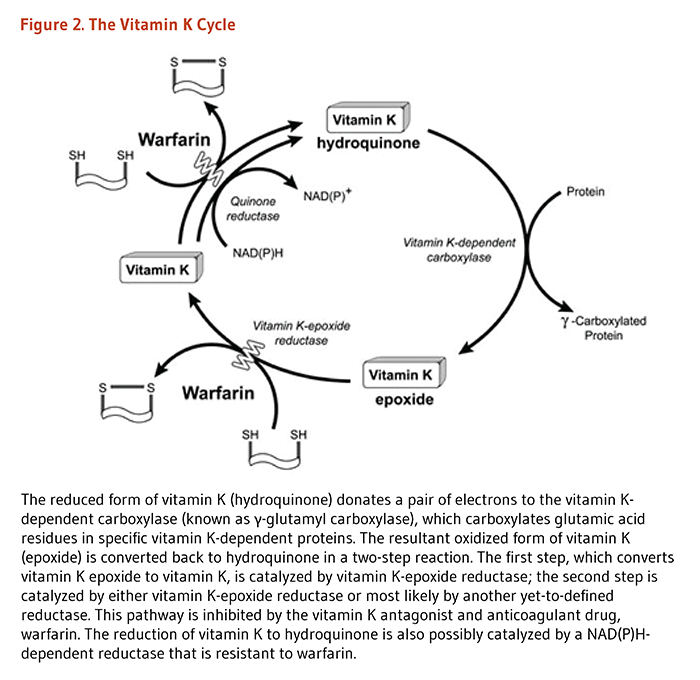tigerlily
Well-known member
Hello everyone, I've been studying my stress echo results from last week's test and I've been wondering about a couple of things. I'm 63 and had my bicuspid aortic valve replaced 10 years ago with a bovine tissue valve. According to my test results, I now have moderate stenosis of the aortic valve, my mitral valve shows some thickening and I have some mitral annular calcification. BTW, if anyone has some experience with MAC, I'd love to learn more. Also, my left atrium is severely dilated. Anyway, to get to the point, I have been on Lipitor to lower my cholesterol for some time but because my last lipid test was so good and also because I couldn't seem to get rid of some muscle/ligament related problems, I decided to come off of it this past February. I've read that mitral annular calcification is associated with atherosclerosis but I guess other things can cause it too. I'm wondering if coming off the Lipitor was a bad idea even with good lipid test results. Cholesterol lowering meds had improved my lipids in previous tests but there was a dramatic improvement in my last test that I attribute to going on Hormone replacement therapy. Does anyone know if cholesterol lowering drugs can slow down the rate of stenosis on biologically replaced aortic valves? Thanks for any input.

























